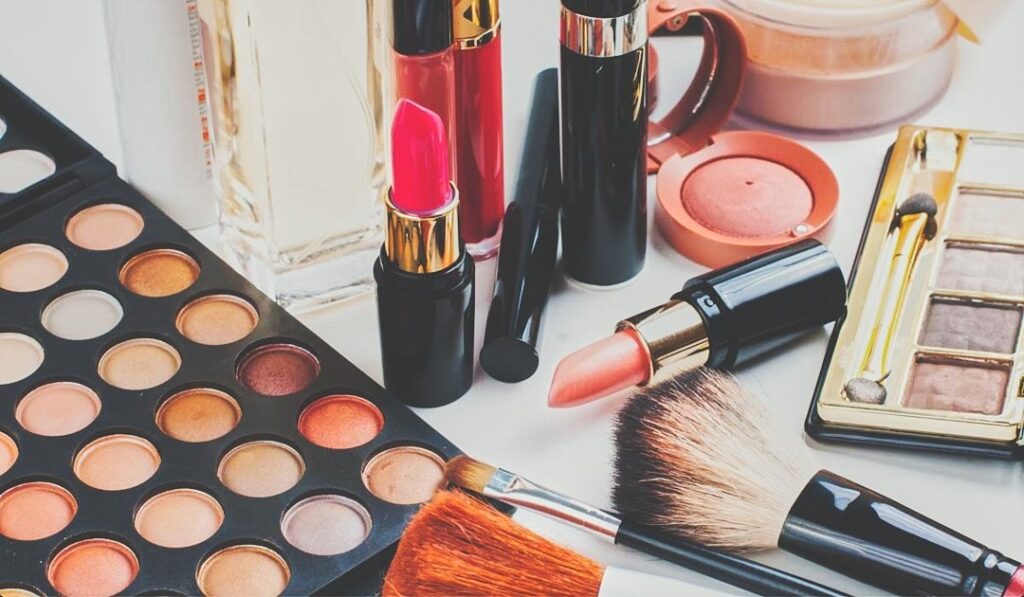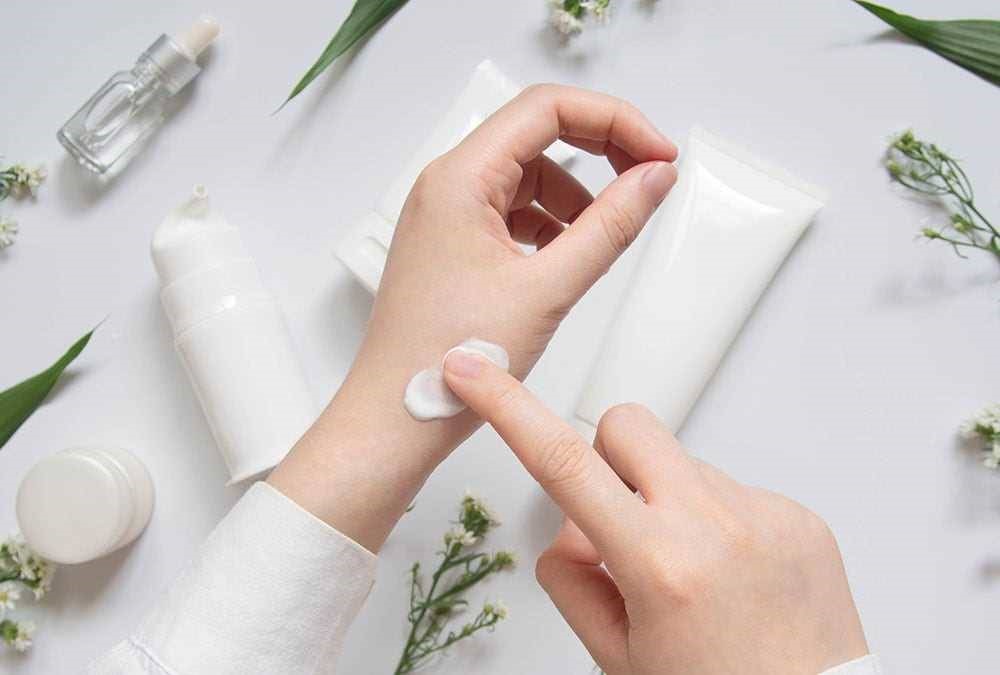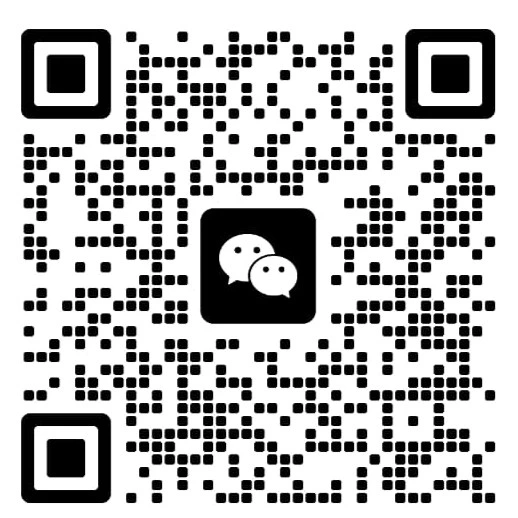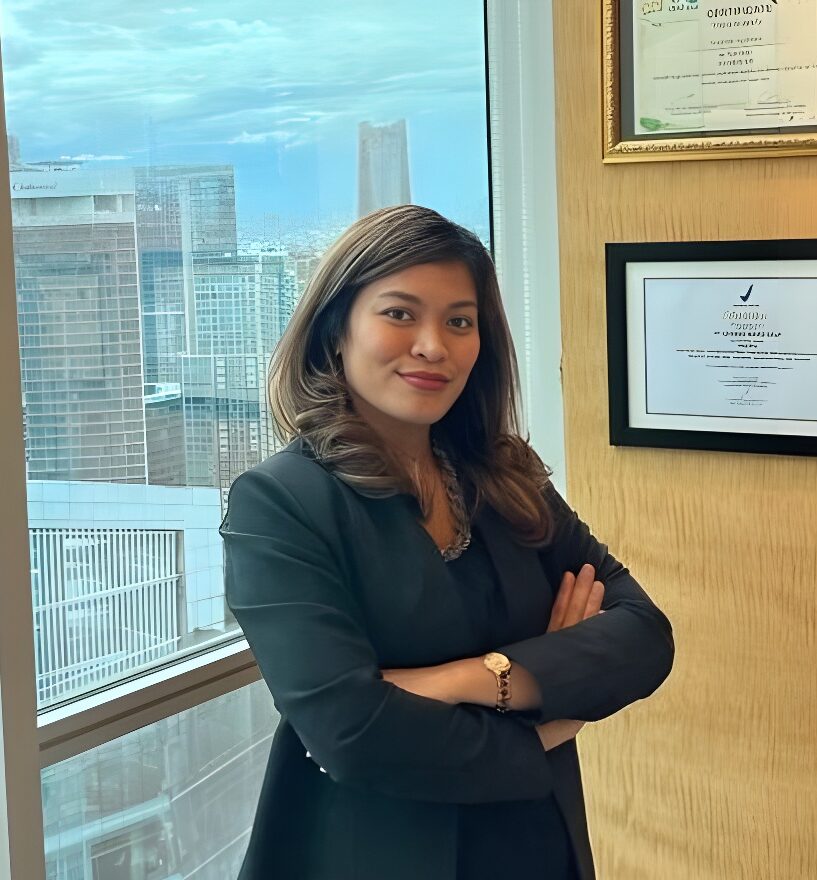Ensuring the safety and efficacy of cosmetic products is crucial in safeguarding public health and maintaining consumer trust. The cosmetic registration and safety testing process in Indonesia is governed by the Food and Drug Supervisory Agency (BPOM) under strict guidelines outlined in various regulations, including the recent BPOM Regulation Number 17 of 2023. This article explores the steps, standards, and requirements for cosmetic safety testing in Indonesia, shedding light on the critical aspects of compliance with BPOM cosmetics standards.

BPOM Cosmetics Standards: Ensuring Safety and Compliance
The BPOM cosmetics standards play a critical role in regulating the cosmetics industry in Indonesia. These standards ensure that all cosmetic products meet stringent safety, quality, and transparency requirements before being approved for market distribution. By adhering to these guidelines, manufacturers can achieve cosmetic product approval in Indonesia while safeguarding consumer health.
Ingredient Standards
One of the primary components of BPOM cosmetics standards is the regulation of cosmetic ingredients. Each ingredient in a product must comply with BPOM’s technical requirements, ensuring that it is safe and effective for its intended use. Manufacturers must provide scientific or empirical evidence supporting the safety and efficacy of each component. For example, if a product contains active ingredients like alpha hydroxy acids or retinoids, the manufacturer must submit detailed data on their concentrations, potential side effects, and benefits. This ensures the product aligns with cosmetic safety testing Indonesia protocols and avoids potential consumer risks. Adherence to ingredient standards is essential for successful cosmetic registration in Indonesia.
Contamination Limits
Another critical aspect of BPOM cosmetics standards is enforcing strict contamination limits. Products must undergo cosmetic safety testing in Indonesia, including microbiological assessments, to ensure they are free from harmful microorganisms such as bacteria, fungi, and moulds. Contaminated products can lead to skin infections or other health issues, making this testing phase indispensable. BPOM requires manufacturers to document these tests and include the results in the Product Information Document (DIP). Products that fail to meet the contamination thresholds are rejected or returned for reformulation. Manufacturers enhance their chances of achieving cosmetic product approval in Indonesia by adhering to these standards.
Labelling and Claims
BPOM cosmetics standards also emphasize the accuracy and transparency of product labelling. Labels must include critical information such as usage instructions, precautions, ingredient lists, and batch numbers. Misleading claims, such as exaggerated benefits or unverified effects, are strictly prohibited and can result in the product’s rejection during cosmetic registration in Indonesia. BPOM’s regulations ensure that all manufacturer claims are supported by evidence. For example, if a product claims to “reduce wrinkles by 50%,” it must be backed by clinical trials or consumer studies in the DIP. Non-compliance with labelling and claim guidelines jeopardizes cosmetic product approval in Indonesia and erodes consumer trust.
Steps in Cosmetic Registration in Indonesia
Cosmetic registration Indonesia is a meticulous process designed to ensure that cosmetic products meet stringent safety and quality standards before entering the market. The process involves several key steps, each aimed at guaranteeing that the products comply with the regulatory framework established by BPOM (Food and Drug Supervisory Agency). These steps include pre-notification preparation, submission of documentation, and safety testing procedures, all essential to achieving cosmetic product approval in Indonesia.
1. Pre-Notification Preparation
The first step in cosmetic registration Indonesia is the preparation of a Product Information Document (DIP) for each cosmetic product. This document is a comprehensive dossier that includes detailed information about the product’s safety, benefits, and quality. The DIP must strictly align with BPOM cosmetics standards to ensure compliance. Beyond the preparation of the DIP, businesses must secure necessary licenses, such as import permits and tax identification numbers. These administrative steps are crucial for legal operations within Indonesia’s regulatory environment. Proper pre-notification preparation is critical for a smooth registration process and avoids delays in cosmetic product approval in Indonesia.
2. Submission of Documentation
Once the DIP is complete, it must be submitted to BPOM as part of the cosmetic registration Indonesia process. This document serves as the cornerstone of the application and must include four main components:
- Administrative Documents: This includes business licenses, Good Manufacturing Practice (GMP) certifications, and declarations of conformity, demonstrating the manufacturer’s adherence to operational and quality standards.
- Quality and Safety Data: Detailed ingredient specifications, risk assessments, and microbiological test results to prove the product’s safety.
- Cosmetic Quality Data: Results from stability tests and packaging evaluations, ensuring the product’s integrity throughout its shelf life.
- Safety and Benefits Data: Clinical evidence supporting the product’s claims and safety monitoring reports from consumer testing.
The submitted documentation must comply with BPOM cosmetics standards and be written in Indonesian or English. Properly completed documentation is pivotal in ensuring cosmetic product approval in Indonesia, as incomplete or inaccurate submissions can lead to rejections or delays.
3. Safety Testing Procedures
Safety testing forms the backbone of cosmetic registration in Indonesia, ensuring the product is safe for consumer use. Cosmetic safety testing in Indonesia is thorough and involves several critical assessments:
- Ingredient Analysis: This step evaluates whether the raw materials meet BPOM’s regulatory requirements for safety and efficacy. Ensuring that all ingredients are non-toxic and effective minimizes the risk of adverse effects.
- Allergen Testing: Allergen testing identifies potential allergens that could cause skin irritation, redness, or other allergic reactions. This is particularly important for products intended for sensitive skin types.

- Microbiological Testing: Microbiological testing ensures the product is free from harmful microorganisms, such as bacteria, fungi, and yeasts, which could compromise its safety and efficacy.
These testing procedures are integral to achieving cosmetic product approval in Indonesia. They help confirm that the product meets the high standards set by BPOM cosmetics standards, ensuring that consumers can use the product without risk.
Timeline for Cosmetic Registration in Indonesia
The timeline for cosmetic registration Indonesia is influenced by factors such as the product’s complexity and the submitted documentation’s completeness. This timeline is structured into key stages that ensure each product complies with BPOM cosmetics standards before reaching the market. Adhering to these timelines is essential for successful cosmetic product approval in Indonesia.
1. Pre-Assessment Phase
The first stage of the registration process is the pre-assessment phase, which involves an initial review of the Product Information Document (DIP). During this stage, BPOM evaluates whether the submitted documents, including safety data, quality assessments, and compliance evidence, meet the required standards. This step typically takes 10-20 working days, provided the documentation is complete and accurate. Any discrepancies or missing details in the DIP can result in delays, emphasizing the importance of thorough preparation in the cosmetic registration Indonesia process.
2. Detailed Evaluation Phase
Following the pre-assessment, BPOM conducts a detailed evaluation of the product’s safety and quality data. This phase is particularly critical in ensuring compliance with BPOM cosmetics standards.
The evaluation process includes a thorough review of the following:
- Safety Data: Results from cosmetic safety testing in Indonesia, including allergen checks, microbiological tests, and ingredient risk assessments.
- Quality Data: Stability tests, packaging integrity evaluations, and documentation proving the product’s efficacy and safety during its shelf life.
The evaluation timeline varies depending on the product’s risk profile. For standard cosmetics, the process may take 1-3 months. However, high-risk products, such as those containing active ingredients or claims requiring additional evidence, may require 4-6 months for BPOM to complete its assessment.
3. Approval and Notification
Once the product successfully passes the detailed evaluation, BPOM issues a notification number as official authorization for market entry. This notification number is mandatory for all cosmetics sold in Indonesia, signifying that the product has met cosmetic product approval requirements in Indonesia. While the notification number is typically issued swiftly, manufacturers should remain prepared for potential delays, especially if BPOM requests additional safety or quality data. Effective communication and compliance with BPOM’s requests can expedite this final step of cosmetic registration in Indonesia.
Challenges and Tips for Navigating Cosmetic Registration in Indonesia
The process of cosmetic registration Indonesia is thorough and highly regulated, reflecting the country’s commitment to consumer safety and product quality. However, manufacturers and importers often face challenges in meeting the requirements outlined by BPOM cosmetics standards. The process can be daunting, from managing complex documentation to ensuring product compliance through rigorous cosmetic safety testing in Indonesia. Here are key challenges and actionable tips to streamline the journey toward achieving cosmetic product approval in Indonesia.
Challenges in the Registration Process
- Detailed Documentation Requirements
The comprehensive Product Information Document (DIP) demands extensive product safety, quality, and benefits data. Gathering and organizing this information can be time-consuming, particularly for businesses unfamiliar with BPOM’s guidelines.
- Stringent Safety Standards
BPOM mandates rigorous cosmetic safety testing in Indonesia, including ingredient analysis, allergen testing, and microbiological assessments. Meeting these standards often requires specialized expertise and resources.
- Frequent Regulatory Updates
BPOM regularly updates its regulations and standards to align with international best practices. Businesses must stay informed to avoid non-compliance during the cosmetic registration process in Indonesia.
- Navigating Local Regulatory Systems
Foreign manufacturers often encounter difficulties understanding and navigating Indonesia’s regulatory environment, which can lead to delays or errors in the submission process.
Tips for Streamlining the Process
- Engage Local Expertise
One of Indonesia’s most effective ways to navigate cosmetic registration is by partnering with experienced local agents or consultants. These professionals are well-versed in BPOM’s procedures and can guide documentation, testing, and submission requirements. Their expertise helps ensure businesses comply with BPOM cosmetics standards, minimizing the risk of rejection.
- Maintain Updated Records
Regularly updating product certifications, safety test results, and supporting documents is crucial for a smooth registration process. BPOM may request these records during audits or when renewing notification numbers. Keeping these documents current ensures compliance and readiness at all times.
- Invest in Quality Control
Proactive quality control measures can save time and resources during cosmetic product approval in Indonesia. Conducting internal cosmetic safety testing in Indonesia, such as allergen checks and microbiological tests, helps identify and resolve potential safety issues before submitting products to BPOM.
- Stay Informed on Regulatory Changes
Given the dynamic nature of BPOM regulations, businesses must remain up-to-date with the latest developments. Subscribing to official BPOM announcements and consulting with local experts can help businesses adapt quickly to new requirements, ensuring continued compliance during the cosmetic registration Indonesia process.
Conclusion
In conclusion, navigating cosmetic registration Indonesia involves a structured process that prioritizes consumer safety and product quality, guided by stringent BPOM cosmetics standards. From preparing comprehensive Product Information Documents (DIP) to undergoing rigorous cosmetic safety testing in Indonesia, such as ingredient analysis and microbiological assessments, manufacturers and importers must fully comply with regulatory requirements. By adhering to these standards and proactively addressing potential challenges, businesses can achieve cosmetic product approval Indonesia, paving the way for successful market entry and fostering consumer trust. Staying informed, investing in quality control, and leveraging local expertise are essential strategies to streamline this complex yet essential process.
What are the BPOM requirements for cosmetic safety testing in Indonesia?
BPOM (Food and Drug Supervisory Agency) requires cosmetic products to meet strict safety, efficacy, and quality standards. Key requirements include comprehensive Product Information Documents (DIP), ingredient analysis, microbiological testing, and allergen testing to ensure consumer safety.
What steps are involved in cosmetic registration in Indonesia?
Cosmetic registration in Indonesia involves pre-notification preparation, documentation submission, safety testing procedures, and BPOM evaluation. These steps ensure that products comply with regulatory guidelines for safety, efficacy, and quality before market approval.
How long does cosmetic registration take in Indonesia?
The timeline varies depending on the product’s complexity. Standard cosmetics may take 1–3 months for approval, while high-risk products requiring additional evidence could take 4–6 months. Proper preparation of documentation can expedite the process.
Why is cosmetic safety testing important in Indonesia?
Cosmetic safety testing ensures that products are free from harmful microorganisms, allergens, and toxic ingredients. It minimizes health risks and ensures compliance with BPOM standards, fostering consumer trust and market approval.



